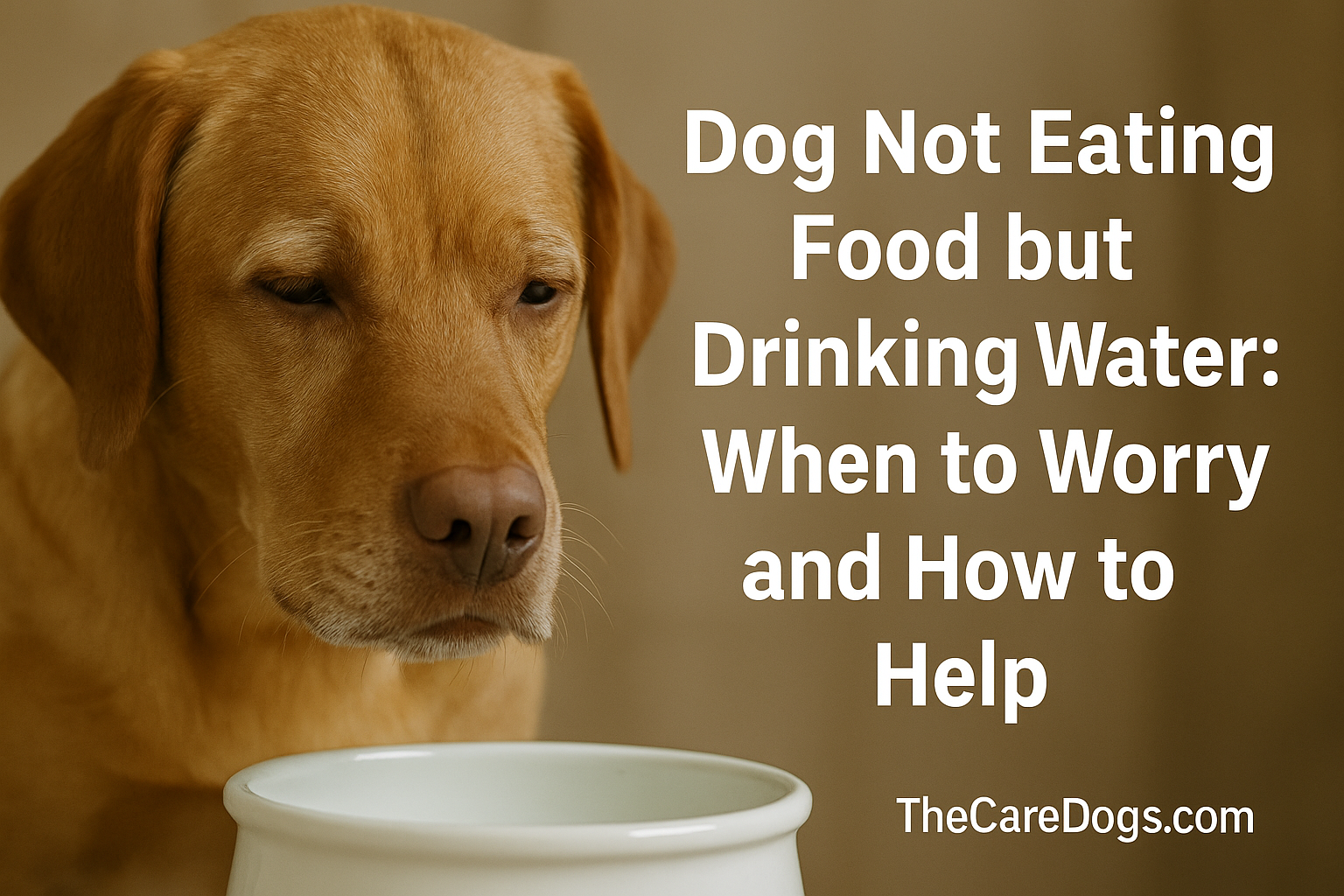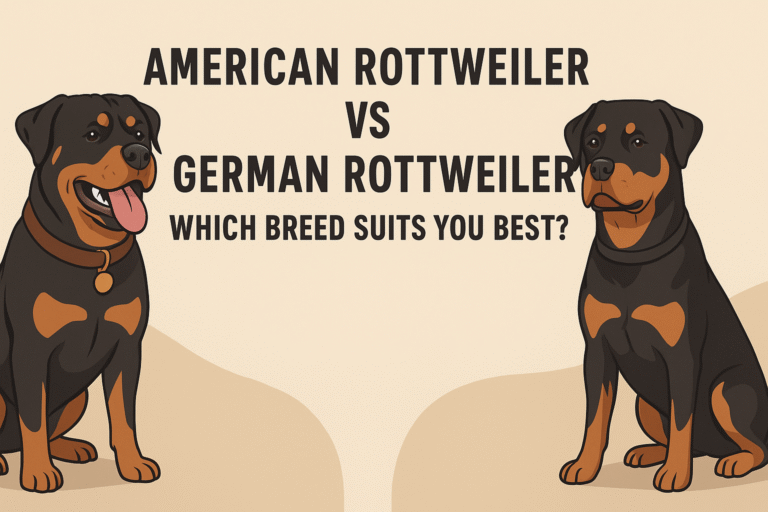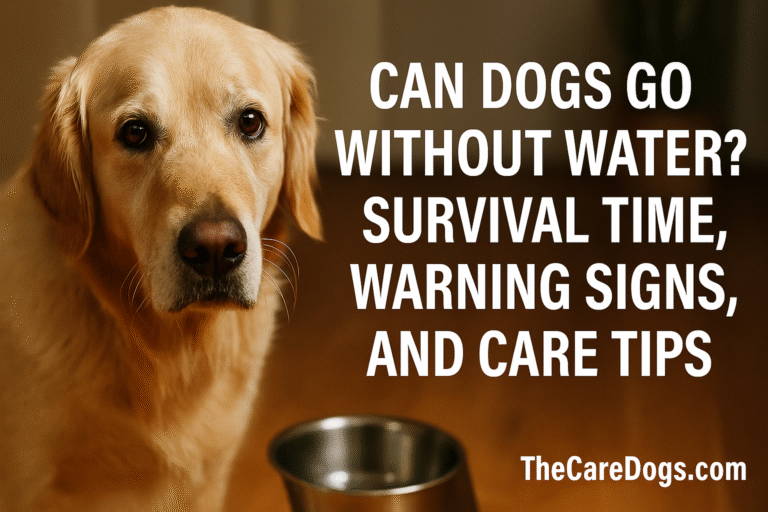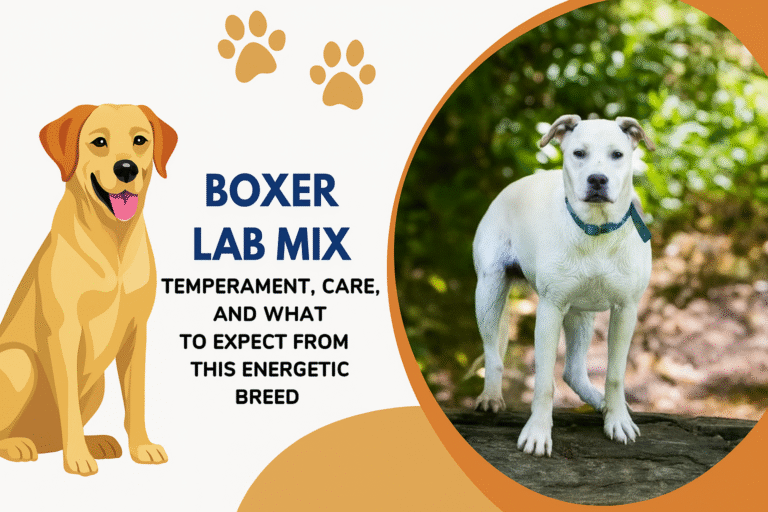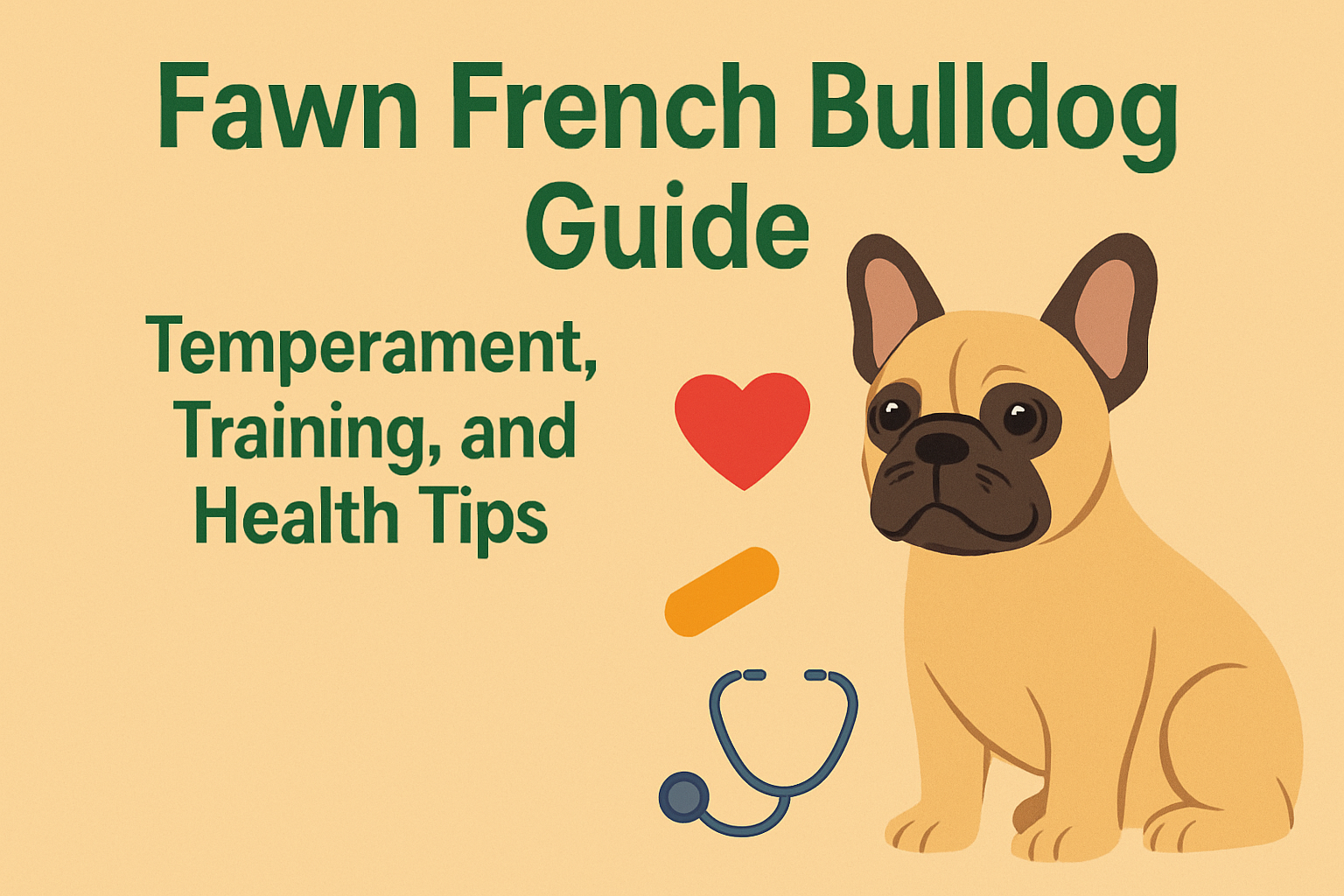Dog Not Eating Food but Drinking Water: When to Worry and How to Help
Dog Not Eating Food but Drinking Water Every dog owner knows the importance of feeding their furry companion well. When your dogs can stops eating but continues to the drink water unexpectedly its can be a perplexing and even terrifying. Dog Not Eating Food but Drinking Water While the infrequent skipped meal or two is not exactly a crisis, consistent refusal to eat usually indicates a health or behaviour-related problem. Knowing the reasons, signs, and what to do can keep you and your dog healthy and safe.
Your Dog Not Eating Food but Drinking Water
Dog Not Eating Food but Drinking Water Learn the potential causes of loss of appetite, when to be concerned, and helpful advice on how to get your pet back to normal
Common Reasons Dogs Refuse to Eat but Still Drink Water
- Upset Stomach or Mild Digestive Issues
Being human ourselves, our dogs too forego meals when the stomach is not at ease. This may be because of:Eating something odd outside
Mild indigestion
Momentary gastrointestinal discomfortMost of the dogs recover within a day.
- Stress or Anxiety
Environmental changes, new animals, noise, or even moving house can stress the dog. A stressed dog will forego meals but will continue to drink water in the hope of staying hydrated.
???? Internal link suggestion: Link to a post such as “Top Signs of Anxiety in Dogs and How to Help.” - Food Preferences or Dietary Change
Dogs are finicky. Perhaps you switched brands or added a new recipe last week, and your dog just won’t eat. At other times, the cause is rotten food or stale kibble. - Dental or Oral Pain
Cavities, cracked teeth, gum disease, or mouth trauma can cause pain when chewing. Your dogs will might be refuse to eats solid foods but still drink waters.
???? Internal link suggestion: Include in “Complete Guide to Dog Dental Health.” - Illness or Infection
Loss of the dogs will appetite cans be any classic will be indicator of manys conditions including:Kidney disease
Liver issues will be
Respiratory infections
PancreatitisIf your dog misses meals for over 24 hour have your dogs check veterinarian checked.
- Changes in Appetite with Age dogs
Old dogs lose their appetites as a result of decreased metabolism declining taste and smell senses or the conditions. - Side Effects of Medication
Certain drugs prescribed by veterinarians induce nausea or loss of appetite, but not normal water consumption.
When to Be Alarmed: Look Out for Warning Signs
Dog Not Eating Food but Drinking Water Not every situation is emergency, but there are some symptoms your dog needs to be taken in for a vet visit. Check for:
- Refusal of food over 48 hours
- Vomiting or diarrhoea
- Weakness and overall lack of energy
- Unexpected loss of weight
- Difficulty chewing or swallowing
- Pale, smelly gums
- Symptoms of dehydration for the dogs
???? Don’t hesitate if you observe these signs.
How to Treat a Dog That Wont Eats but Does its Drink pure Water
- Attempt with Different Foods
Soak wet foods briefly in warm water to make it more appealing
Mix low-sodium broth with kibble - Minimize Stressors
Create a quiet environment quiet eatings areas and regular routine. Canines digest better then when they are in the tranquil surroundings. - Address Dental Issues
If eating hurts softer foods or dentals treatment suggested by the vets will correct the issue.
???? Internal link suggestion: Link to “Best Soft Foods for Senior Dogs.” - Hydration Is Essential
As long as your dog continues to drink, keep bowls full and clean at all times. Hydration prevents complications while you try to correct appetite problems. - Drilling Down for Root Causes
If the dog still won’t eat, a vet visit—maybe with blood tests or dental examination—is likely to detect the underlying cause.
Prevention of Loss of Appetite in Dogs
Dog Not Eating Food but Drinking Water Prevention of every cause is not possible, but you can minimize risks by:
- Keeping the feeding schedule normal
- Providing the right-balanced, high-quality diet
- Monitoring stress signs
- Regular visits to the vet
- Good dental care
Internal link suggestion: Why Dogs Bite Their Tails: Causes, Health Concerns, and Proven Solutions
Frequently Asked Questions About Dogs Not Eating but Drinking Water
- Is it okay if dogs miss a single meal every now and then?
Yes the dog can miss a single meal every now and then without any problem. Ongoing to the refusal however must be the investigated of the dogs health. - How long can a dog live without eating but continuing to drink water?
It is usually safe for most dogs to survive for a few days without food but at the most a couple of days without water. But the health will begin to become compromised after 48 hours without food. - Is it a problem if my puppy won’t eat but will have water?
Yes. Puppies are more likely to have low blood sugar and dehydration. Call your dogs vet nows. - Is finicky eating the cause?
Yes. Pets will turn up their noses at food because of taste, texture, or a brand change. Always be eliminate the health problems first. - Do I visited the vets or try home to remedies first?
You can try bland foods, reduced stress levels, or warm meals, but if your dog won’t eat more than 24–48 hours, see a vet. - Can illness make a dog drink more water but not eat?
Yes this Disease such as kidney disease diabetes or will infection can be lead to excessive thirst and anorexia.
Final Thoughts
Dog Not Eating Food but Drinking Water If your dog is not eating food but drinking water, it may be as simple as stress, a change in diet, or a tummy upset—or it may be more serious. The important thing to do is to watch your dogs paying attention to the warning signs and take action quickly if symptoms continue. Dog Not Eating Food but Drinking Water By providing a caring environment, checking for hydration, and consulting with a veterinarian when necessary, you will get your pet back to normal appetite and remain healthy.
Visit: CareDogs
